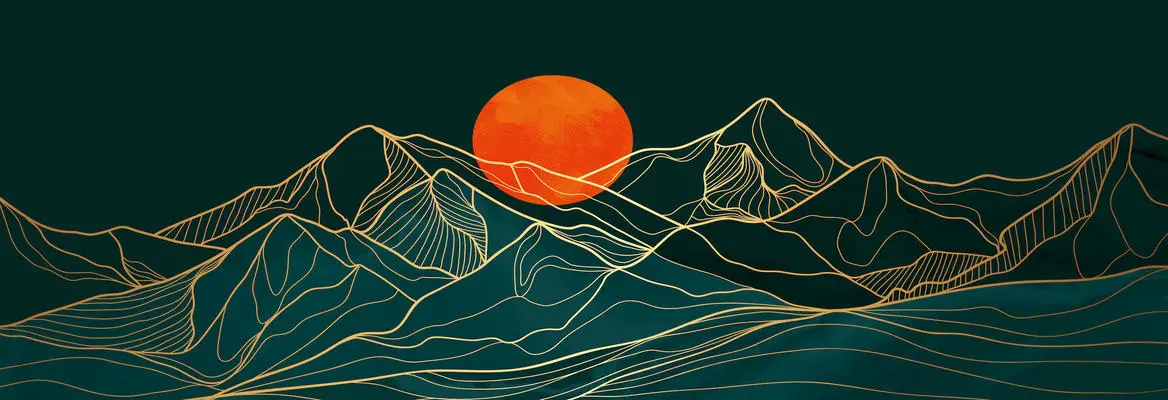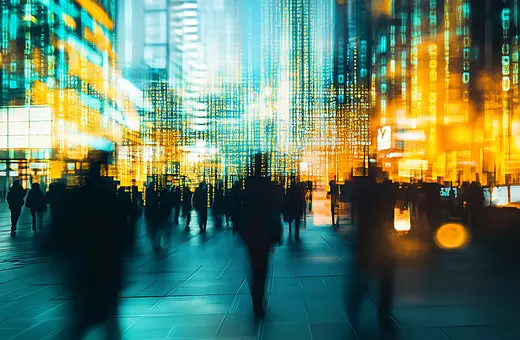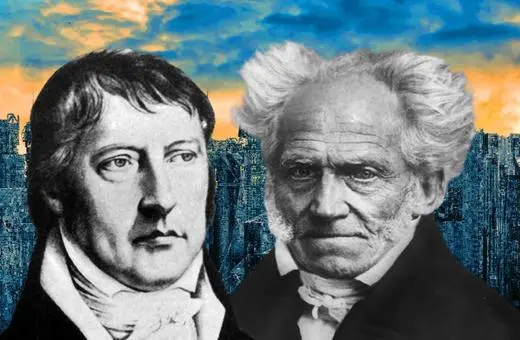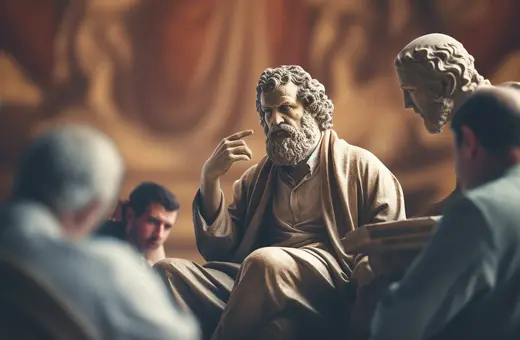We have entered a period of history when our growing ability to transform nature has begun limiting our freedom, rather than expanding it. Global warming is a point in case. But even more dangerous for our freedom are the developments in biogenetics and the dawn of a post-human era. The promise of these advances is freedom from our nature: limited intelligence, vulnerable to disease, and death. But the more we learn how to alter our own nature, the less free we will become. We will be transformed into just another object that can be manipulated and reconstructed, argues Slavoj Žižek, following on from his debate with Yuval Noah Hararri at HowTheLightGetsIn. Watch the original debate here.
Today’s ecology tends to perceive Nature as the limit to our expansion, and instructs us, humans, to renounce our hubris, our ruthless exploitation of nature. Now that God or Tradition can no longer play the role of the highest Limit, Nature takes over this role. But what kind of nature will this be? Even when we imagine global warming, we still picture it as a new stability, with “regular and repeatable weather patterns”: “once humanity reaches the limit of carbon output, Earth's climate stabilizes at a new, higher average temperature. This higher temperature is overall bad for humans, because it still leads to higher sea levels and more extreme weather events. But at least it's stable: The Anthropocene looks like previous climate ages, only warmer.” [1]
However, recent research finds it more probable that “Earth's climate leads to chaos. True, mathematical chaos. In a chaotic system, there is no equilibrium and no repeatable patterns. A chaotic climate would have seasons that change wildly from decade to decade (or even year to year). Some years would experience sudden flashes of extreme weather, while others would be completely quiet. Even the average Earth temperature may fluctuate wildly, swinging from cooler to hotter periods in relatively short periods of time. It would become utterly impossible to determine in what direction Earth's climate is headed.
___
The temptation to be resisted here is to continue to rely on our basic notion of nature and, consequently, proclaim chaos as somehow “unnatural.”
___
Such an outcome is not only catastrophic for our survival, it also runs against our (human) most basic notion of nature, that of repeatable pattern of seasons. As such, it reminds us of what Georg Lukacs pointed out in his History and Class Consciousness: “nature” is a social category, i.e., what we perceive as “nature” is always overdetermined by a social context. So while everything that there is is nature (we are part of nature), the obverse also holds at the level of our understanding: nature is a cultural category, what strikes us as “unnatural” is always socially determined.





















Join the conversation